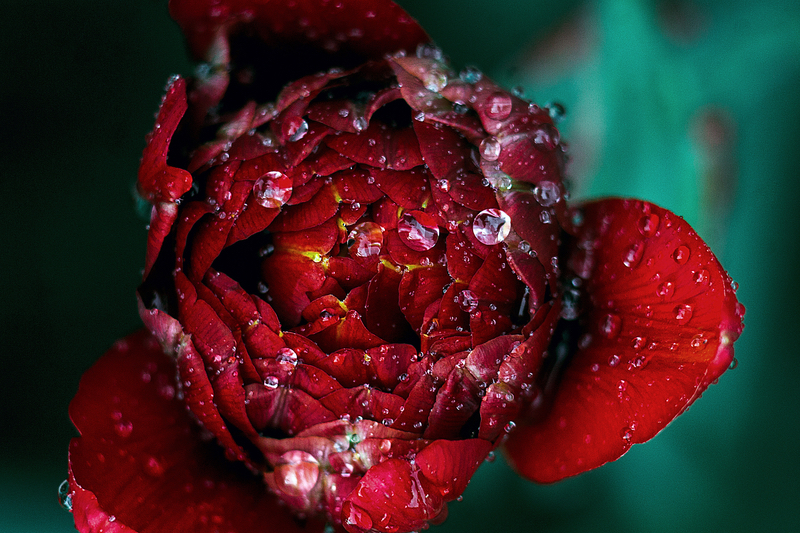 Our company´s exploration of whether to keep the skin on Bai Shao or to remove it like most other herb companies dates back almost 25 years, when Nuherbs´ President Pat Kwan founded one of the first Sino-US joint ventures. She noticed that Japanese herbal companies were buying Bai Shao only if it had its skin intact. She initially assumed they were going to further process it in Japan. One day, her curiosity led her to ask the Japanese buyers why they wanted the Bai Shao with its skin on. They told her most of the active ingredients were destroyed when the skin was removed, which is why the Japanese Pharmacopeia explicitly states that Bai Shao must have its skin intact. This left a deep impression on her. However, she lacked the technical tools to confirm it at the time so she continued to import Bai Shao with the skin removed because of market demands.
Our company´s exploration of whether to keep the skin on Bai Shao or to remove it like most other herb companies dates back almost 25 years, when Nuherbs´ President Pat Kwan founded one of the first Sino-US joint ventures. She noticed that Japanese herbal companies were buying Bai Shao only if it had its skin intact. She initially assumed they were going to further process it in Japan. One day, her curiosity led her to ask the Japanese buyers why they wanted the Bai Shao with its skin on. They told her most of the active ingredients were destroyed when the skin was removed, which is why the Japanese Pharmacopeia explicitly states that Bai Shao must have its skin intact. This left a deep impression on her. However, she lacked the technical tools to confirm it at the time so she continued to import Bai Shao with the skin removed because of market demands.
In 2006, Pat Kwan realized one of her life-long dreams of being able to offer a full line of Chinese laboratory-tested herbs by launching Nuherbs® Lab-Tested Herbs. Two of the quality indices tested, when a method is offered by the Chinese Pharmacopeia, are identity and potency. With all tests completed, our quality control reported that Bai Shao with its skin removed repeatedly failed to meet pharmacopeia standards. This sparked her memory of the conversation from almost 25 years ago and she immediately asked for Bai Shao to be tested with its skin. Results returned with the Bai Shao meeting pharmacopeia standards. This confirmed knowledge, combined with other research, directed Nuherbs® to choose Bai Shao with its skin for its Nuherbs Lab Tested herbs line.
As soon as the first shipment of HPBS arrived, our Master Herbalist rejected it because organoleptically (visual and tactile identification) and macroscopically, he thought it was Chi Shao. At once, our quality control team sprung into action by sending samples to the herbal experts, the Chinese State Testing Agency, and an independent US laboratory to confirm its identity. The shocking test results confirmed that it was, indeed, Paeonia lactiflora. However, the close identity standards between Paeonia Lactiflora and Paeonia veitchii (Chi Shao) spurred our quality team to take another step further by sending the questionable sample to Authen-Technologies to conclusively identify the species via DNA testing. The DNA results also confirmed the herb in question was undeniably Paeonia lactiflora.
[insert photo]
Hei Pei Bai Shao (Paeonia lactiflora)
Chi Shao (Paeonia veitchii)
If the herb in question was truly Hei Pei Bai Shao (Bai Shao with its skin on), why did so many people think it was Chi Shao? After researching many Chinese textbooks, the Chinese Pharmacopeia, and talking to herbal experts, what Nuherbs discovered was that the confusion boils down to the historical use of interchanging the two herbs due to economics, regional use, and immigration patterns.
According to the Chinese Pharmacopeia, Shao Yao can be either Paeonia lactiflora or Paeonia veitchii. Most Chinese herb vendors in America trace their roots back to Southern China where Shao Yao typically meant Chi Shao because it was vastly available throughout the region. Furthermore, Paeonia lactiflora with its skin on is commonly sold in the US as Chi Shao because it costs less than Paeonia veichtii. This disguise is usually achieved by changing the cutting technique. This is the reason that a Master Herbalist misidentified our Bai Shao with its skin via organoleptic and macroscopic identification methods as Chi Shao.
Regardless of opinion and practice, Nuherbs uses only Paeonia veichtii as our Chi Shao. Based on our research, Chi Shao should only be Paeonia veitchii, whereas Bai Shao should always be Paeonia lactiflora with or without its skin, so long as it can reach pharmacopeia standards. Nuherbs® Lab-Tested line uses Hei Pei Bai Shao because it is the only version of Bai Shao (Paeonia lactiflora) that consistently meets the standards of the Pharmacopeia of the People´s Republic of China. Our strict quality control standards, impeccable attention to detail, integrity, and passion goes into every package of herbs and herbal products that we offer.